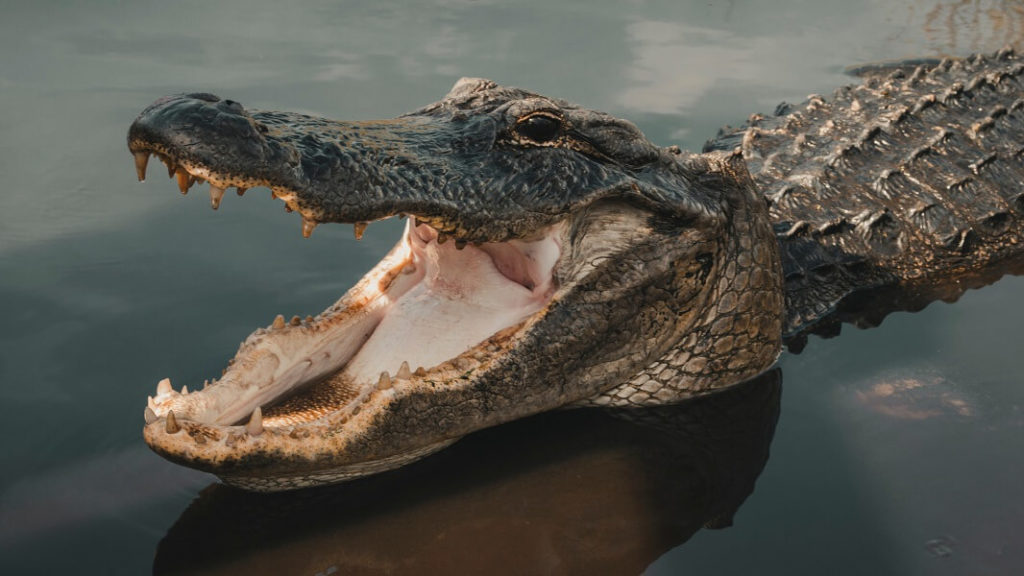Updated October 12, 2019. | California just added more exotic animal skins to an existing ban.
The state initially passed a ban against the trade in 1970. However, since then, the exotic skins industry has fought against it. In 2006, legislation lifted the ban. It established an exemption with a sunset clause. The legislation was extended in 2009 and again in 2014.
This year, organizations — including the Louisiana Department of Wildlife and Fisheries — have attempted to push for another extension. But it hasn’t worked. AB1260, a ban on the sale of crocodile and alligator skins in the state, was passed last month. As of today, the bill now includes the sale of iguana, skink, caiman, hippopotamus, or a Teju, Ring, and Nile lizard skins.
Previously, extensions to the legislation were backed by fashion designers. However, more and more of the fashion industry is turning its back on animal skins. Last year, Chanel committed to ending its use of fur and exotic skins. In February, Victoria Beckham followed suit.
A spokesperson for the designer said at the time, “as a business, we have been looking to action the use of more ethically sourced products that have less environmental impact for some time.”
Animal rights organizations have called out the exotic skins industry for major animal welfare issues. One investigation found alligators in dark sheds in fetid water, before metal rods were placed into their heads while they were still alive.

Taking a Stand for Animal Welfare
Like many designers, California has also taken a stand against the fur industry.
Gucci, Versace, Prada, and DKNY are just a few of the brands that have now ditched fur. Donnatella Versace — the head of Versace — said in March 2018, “I don’t want to kill animals to make fashion. It doesn’t feel right.”
Earlier this month, a landmark bill banning the sale of fur passed the Californian Senate.
Marilyn Kroplick, M.D., — the president of animal protection organization In Defense of Animals — said in a statement, “a statewide ban on fur would save countless animals from unnecessary agonizing deaths for the sake of trivial fashion statements. We are thrilled this groundbreaking legislation has been supported by the California State Legislature.”
The law prohibiting the sale of alligator and crocodile skins goes into effect on January 2020. The lizard, hippo, and caiman skins will be in effect starting January 2020.


